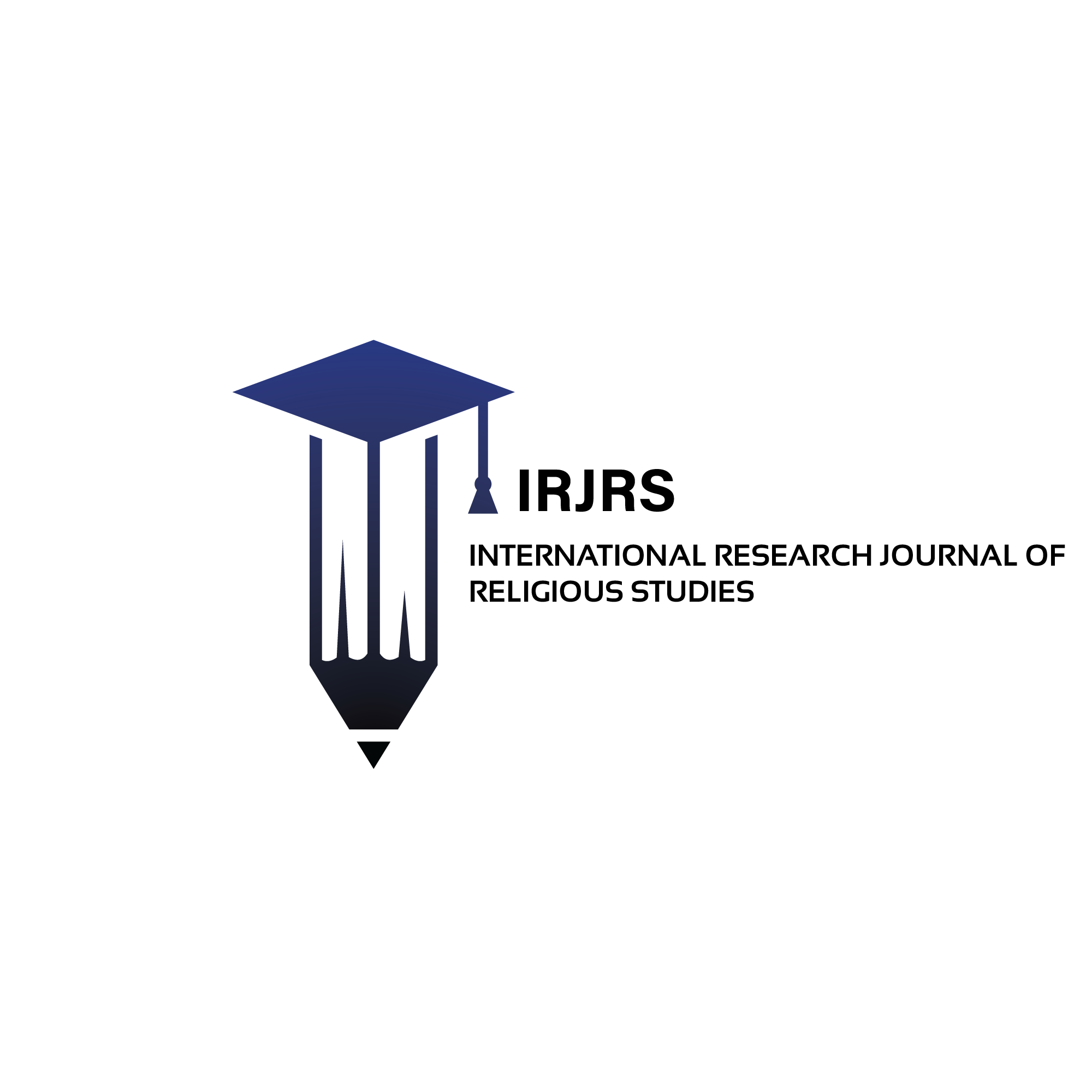خواتین کےمعاشی ترقی میں کردار میں رکاوٹیں اور ان کا تدارک اسلامی تعلیمات کی روشنی میں جائزہ
HARDIAL IN THE ROLE OF WOMEN FOR ECONOMIC DEVELOPMENT AND THEIR REMEDY IN THE LIGHT OF ISLAMIC TEACHINGS
Keywords:
productivity, completion, humanity, convince, injustice, discrimination.Abstract
Along with the completion of humanity, the role of women is also important in the formation of society. Society cannot progress without the participation of women. In world the number of women is equal to men but the majority has not equal benefit. This class is trapped in the cycle of discrimination between men and women. All over the world, women have been the target of injustice, despite this, they are working alongside men and tried to convince them.They are working in different filed and also Fulfilled the household responsibilities. Pakistani women are trying to take part in all kinds of professions to improve their economic conditions. A large number of women in the country are working in all fields such as industry and craft, trade, politics, army, driver, teaching and research. In the modern era, the amazing progress of science has openly explained the reality of the difference between men and women. Their Participation is playing a positive role in increasing the productivity of country, but a large number of working women are facing many problems. If we want to increase our productivity, these problems must be solved.








